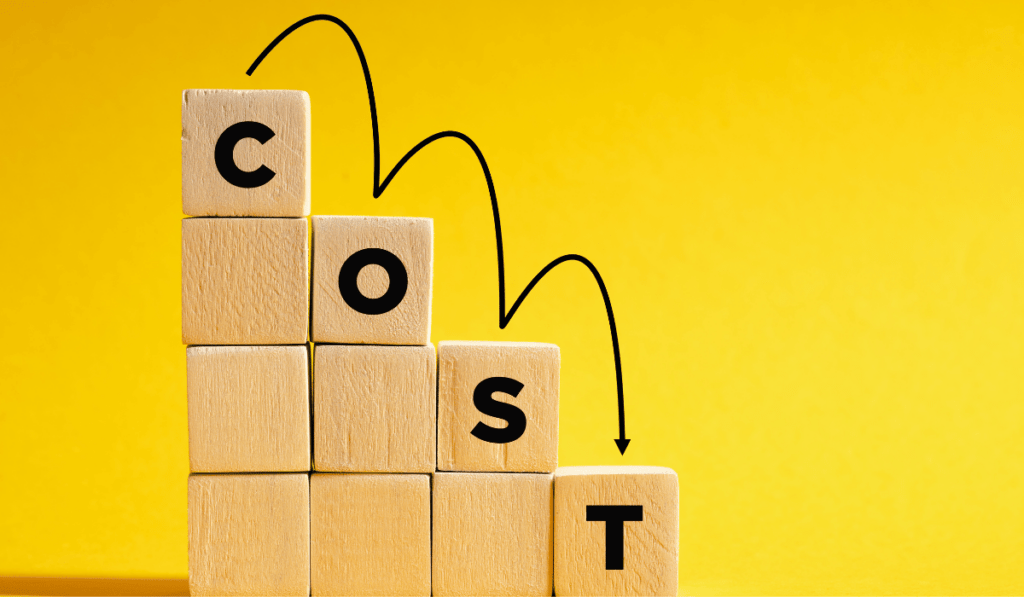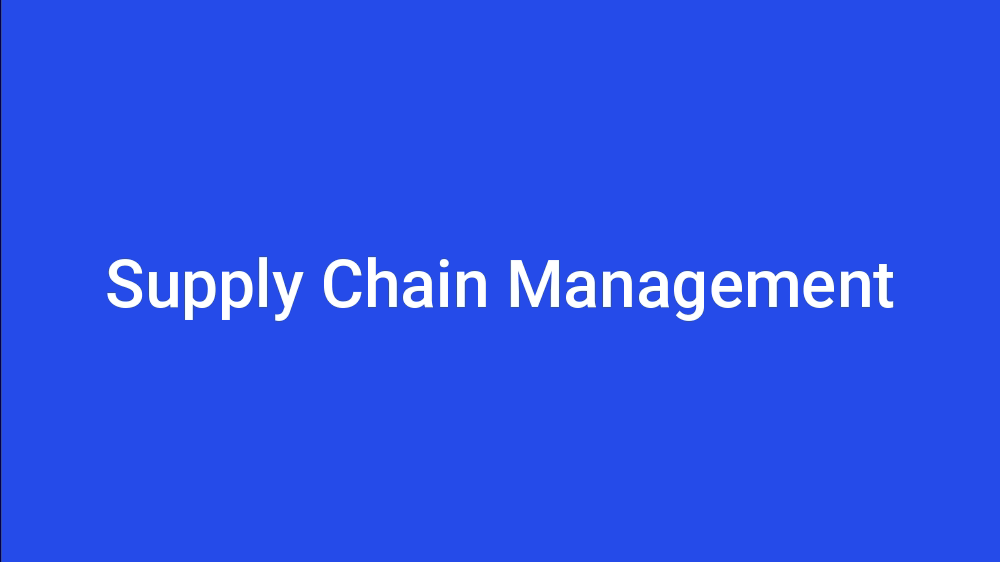Digital adoption plays a crucial role in transforming the construction industry. It drives benefits across the entire construction cycle, from planning and design, to sourcing materials, to project completion.
Some of the benefits of digital adoption include improved efficiency, cost savings, enhanced safety, and better sustainability. Below we discuss why this is so important.
Efficiency and Productivity

Digital tools and technologies streamline processes, automate repetitive tasks, and improve workflow management. This leads to increased efficiency and productivity on construction sites.
Tools for things like procurement and project management can assist with scheduling, communication, and collaboration, helping to optimise resource allocation and minimise disruption to projects.
Cost Savings

By reducing the need for manual tasks, minimising errors, and optimising utilisation of resources, digital adoption can lead to significant cost savings throughout the construction project lifecycle.
Digital technologies also enable better budget forecasting, cost tracking, and risk management, allowing construction companies to better control expenses and improve profitability.
Enhanced Collaboration and Communication

Digital platforms facilitate seamless communication and collaboration among project stakeholders, including architects, engineers, contractors, sub-contractors, and clients.
Real-time access to project data, centralised document management, and collaborative project management tools improve transparency, co-ordination, and decision making, leading to smoother project execution and fewer delays.
Improved Quality and Safety
Digital tools such as Building Information Modelling (BIM), drones, and sensors facilitate better design visualisation, analysis, and simulation, which leads to improved quality control and risk management.
Additionally, technologies like wearables, Internet of Things (IoT) sensors, and remote monitoring systems enhance safety by providing real-time insights into site conditions, detecting hazards, and ensuring compliance with safety protocols.
Sustainability and Environmental Impact

Digital technologies support sustainable construction practices by optimising resource use, reducing waste, and minimising environmental impact. BIM and simulation tools enable designers to assess the environmental performance of buildings and infrastructure projects, identify opportunities for energy efficiency, and evaluate the lifecycle environmental impacts of materials and construction methods.
Adaptability and Innovation
The rapid pace of technological advancement offers construction companies opportunities to innovate and differentiate themselves in the market. Embracing digital adoption allows companies to stay competitive, adapt to changing market demands, and capitalise on emerging trends such as modular construction, off-site manufacturing, and green building practices.
Regulatory Compliance and Documentation

Digital platforms help construction companies comply with regulatory requirements and documentation standards more efficiently. By digitising processes such as permit applications, inspections, and compliance reporting, businesses can reduce administrative burden, minimise errors, and ensure regulatory compliance throughout the project lifecycle.
Digital adoption in the construction industry is essential for driving efficiency, innovation, sustainability, and competitiveness. It ultimately enables businesses to deliver projects more effectively, better meet client expectations, and achieve long-term success.
Digitally transform your materials procurement with The Build Chain

The Build Chain is a digital procurement platform that transforms the process of buying materials:
- Become more efficient and productive by eliminating the need to spend time finding new suppliers and chasing quotes
- Generate cost savings by accurately comparing pricing in a single easy-to-use dashboard
- Improve collaboration and communication through in-platform live chat
- Address sustainability concerns by choosing suppliers that are closer to your site and reducing the carbon emissions associated with transporting materials
- Work compliantly as a digital record of all procurement activity is automatically created through The Build Chain
Want to learn more? Book a demo today!




